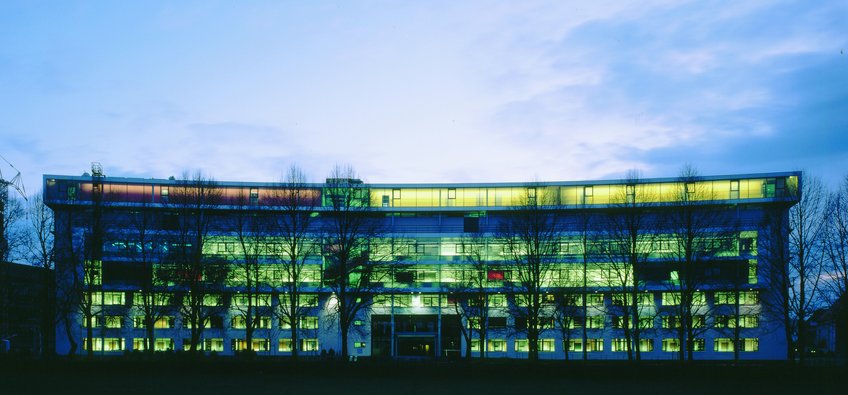
Max Planck Institute for Evolutionary Anthropology
The Max Planck Institute for Evolutionary Anthropology focuses on matters regarding the origins of humankind. The Institute’s researchers study widely-differing aspects of human evolution. They analyse the genes, cultures and cognitive abilities of people living today and compare them with those of apes and extinct peoples. Scientists from various disciplines work closely together at the Institute: Geneticists trace the genetic make-up of extinct species, such as Neanderthals. Behaviourists and ecologists, for their part, study the behaviour of apes and other mammals.
Contact
Deutscher Platz 604103 Leipzig
Phone: +49 341 3550-0
Fax: +49 341 3550-119
PhD opportunities
This institute has an International Max Planck Research School (IMPRS):
IMPRS: The Leipzig School of Human OriginsIn addition, there is the possibility of individual doctoral research. Please contact the directors or research group leaders at the Institute.











